
We come to work every day with a sustained commitment to helping improve the lives of patients with cancer. Each one of us at Deciphera is united in our mission to discover, develop, and deliver important new medicines to patients for the treatment of cancer.
-
Gastrointestinal Stromal Tumors (GIST)
We believe there is a clear unmet medical need for effective and well tolerated options for patients with metastatic GIST beyond the first-line. Deciphera hopes to provide much-needed therapeutic options for these patients for whom there are existing agents with limited benefit or no approved treatments.
- GIST is the most common sarcoma of the gastrointestinal tract and presents most often in the stomach or small intestine.
- According to the American Cancer Society, the total number of GIST cases each year in the United States is approximately 4,000 to about 6,000. We believe that the incidence rate in European countries is similar to the United States.
- Estimates for 5-year survival range from 52% to 94% depending upon the stage of the disease at diagnosis.
- Patients diagnosed early with localized GIST generally undergo surgical resection of their tumors.
- GIST is a disease driven initially by primary mutations in KIT kinase (approximately 80% of cases).
- While approved kinase inhibitors control certain initiating and drug resistance-causing mutations in KIT and PDGFRA, the kinases that drive disease progression in most GIST patients, the complex heterogeneity of KIT mutations within individual tumors and individual patients is a major cause of resistance to existing therapies.
GIST Clinical Studies
 INSIGHT: A phase 3, randomized, multicenter, open-label study of ripretinib vs sunitinib in patients with advanced gastrointestinal stromal tumor previously treated with imatinib harboring KIT exon 11 + 17 and/or 18 mutations.
INSIGHT: A phase 3, randomized, multicenter, open-label study of ripretinib vs sunitinib in patients with advanced gastrointestinal stromal tumor previously treated with imatinib harboring KIT exon 11 + 17 and/or 18 mutations. DCC-3116: A multi-cohort, phase 1/2 study of DCC-3116 in combination with anticancer therapies in participants with advanced malignancies
DCC-3116: A multi-cohort, phase 1/2 study of DCC-3116 in combination with anticancer therapies in participants with advanced malignanciesGIST Patients Resources

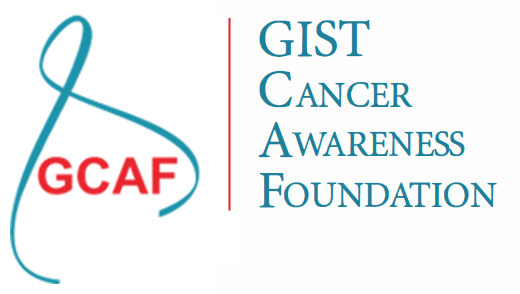

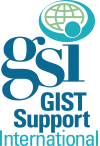
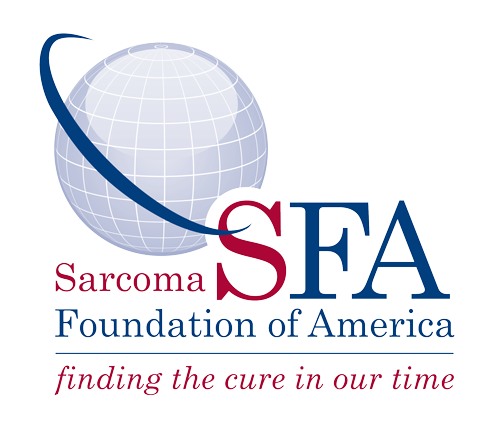


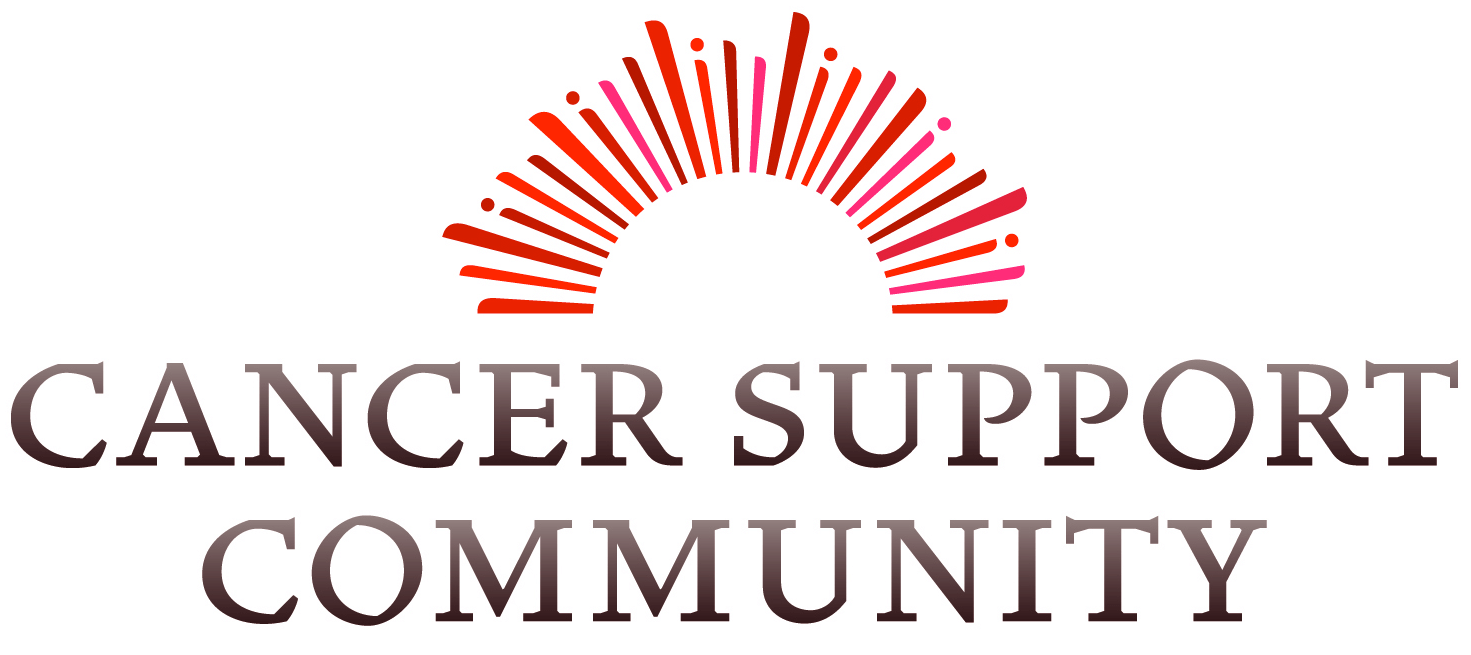
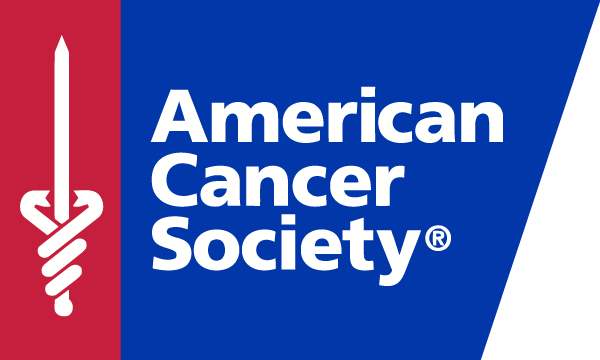
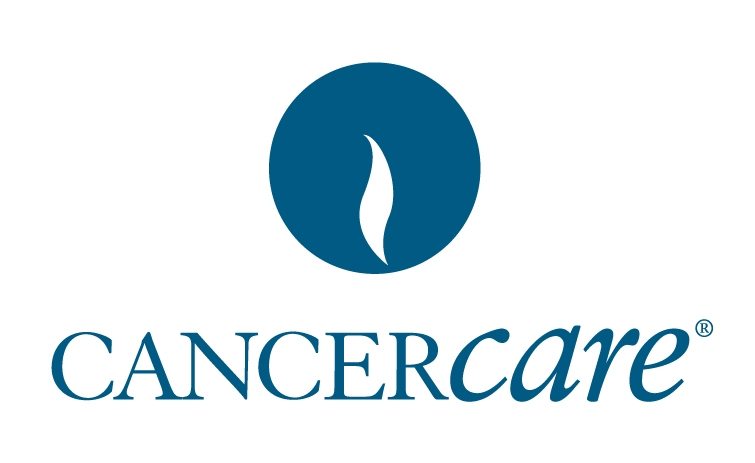

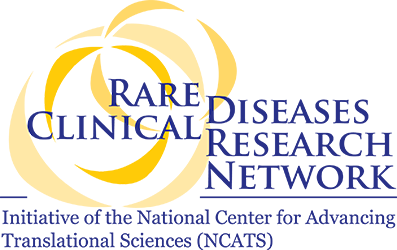
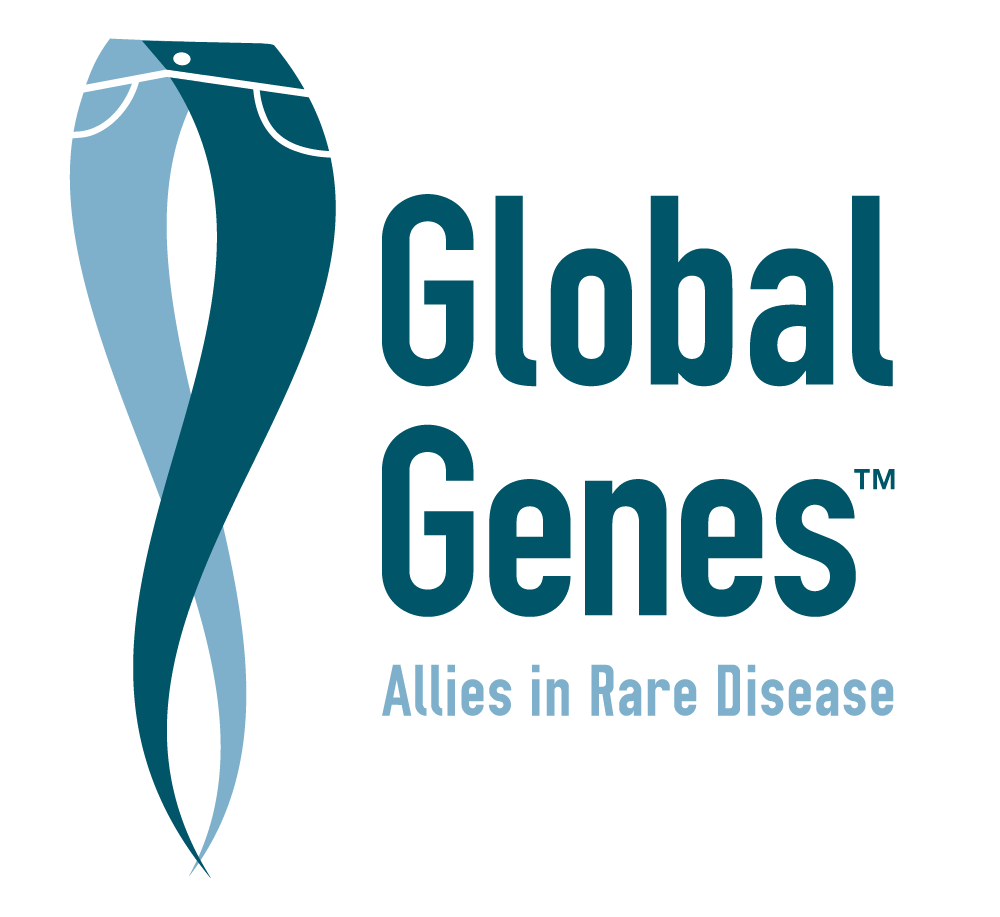
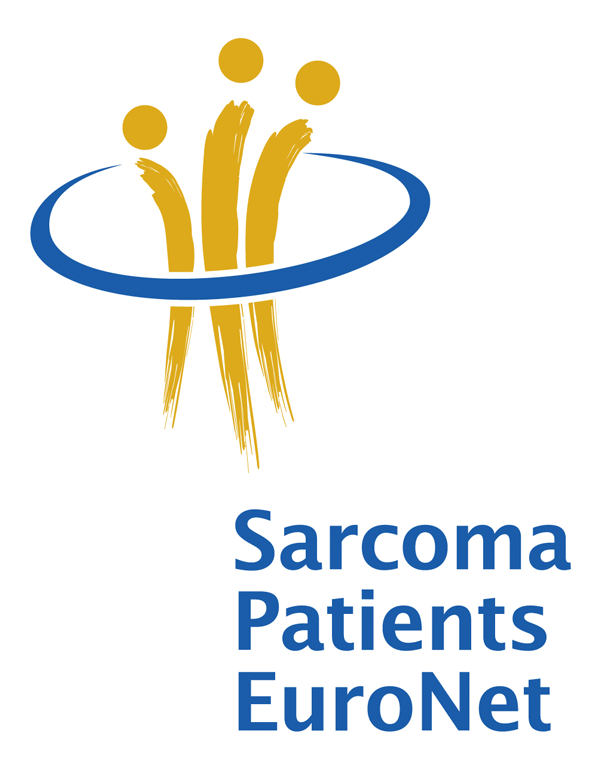
On this page you may select links to content published by persons not affiliated with Deciphera. The views expressed in these materials are those of the author and do not reflect the views of Deciphera. Additionally, the information contained in these materials may not be current. Deciphera disavows any obligation to correct or to update the information contained in these materials.
-
Tenosynovial Giant Cell Tumors (TGCT)
TGCT, previously known as pigmented villonodular synovitis or giant cell tumor of the tendon sheath, is a rare, locally aggressive neoplasm caused by aberrant overexpression of the CSF1 gene. TGCT is typically diagnosed in patients aged 30 to 50 years with a lifetime risk of recurrence and negative impact on quality of life.
Patients with TGCT experience substantial symptomatic burden including pain and stiffness, impaired physical function, and limited range of motion, which negatively impacts quality of life. Surgery is the standard of care and can be curative for most patients with TGCT; however, disease can recur, and multiple surgeries may be needed, increasing the risk of complication and negative outcomes. There is also a subset of patients who are not amenable to surgery and systemic treatment options are limited. If left untreated TGCT can invade the surrounding soft tissue and joint, and may cause significant disability. When untreated, patients experience pain and range-of-motion limitations, moderate to severe joint deformity, degenerative articular changes, and osteoarthritis; resulting bone destruction can require joint replacement or amputation.
TGCT Clinical Studies
Deciphera is not currently enrolling in any TGCT clinical studies.
TGCT Patients Resources


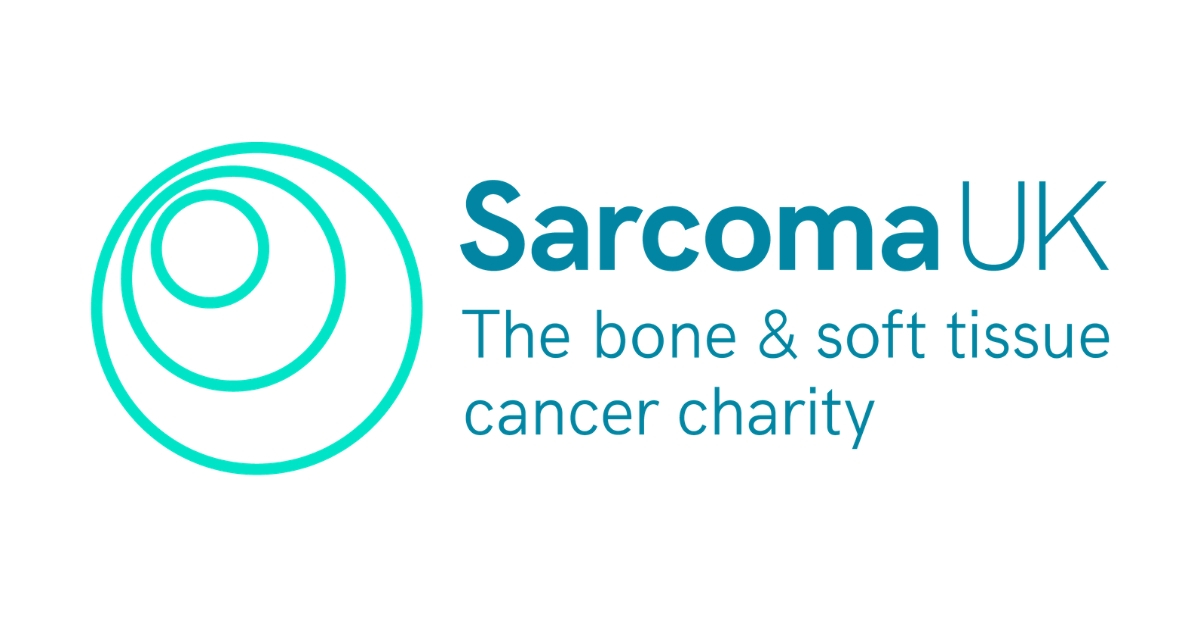



On this page you may select links to content published by persons not affiliated with Deciphera. The views expressed in these materials are those of the author and do not reflect the views of Deciphera. Additionally, the information contained in these materials may not be current. Deciphera disavows any obligation to correct or to update the information contained in these materials.

